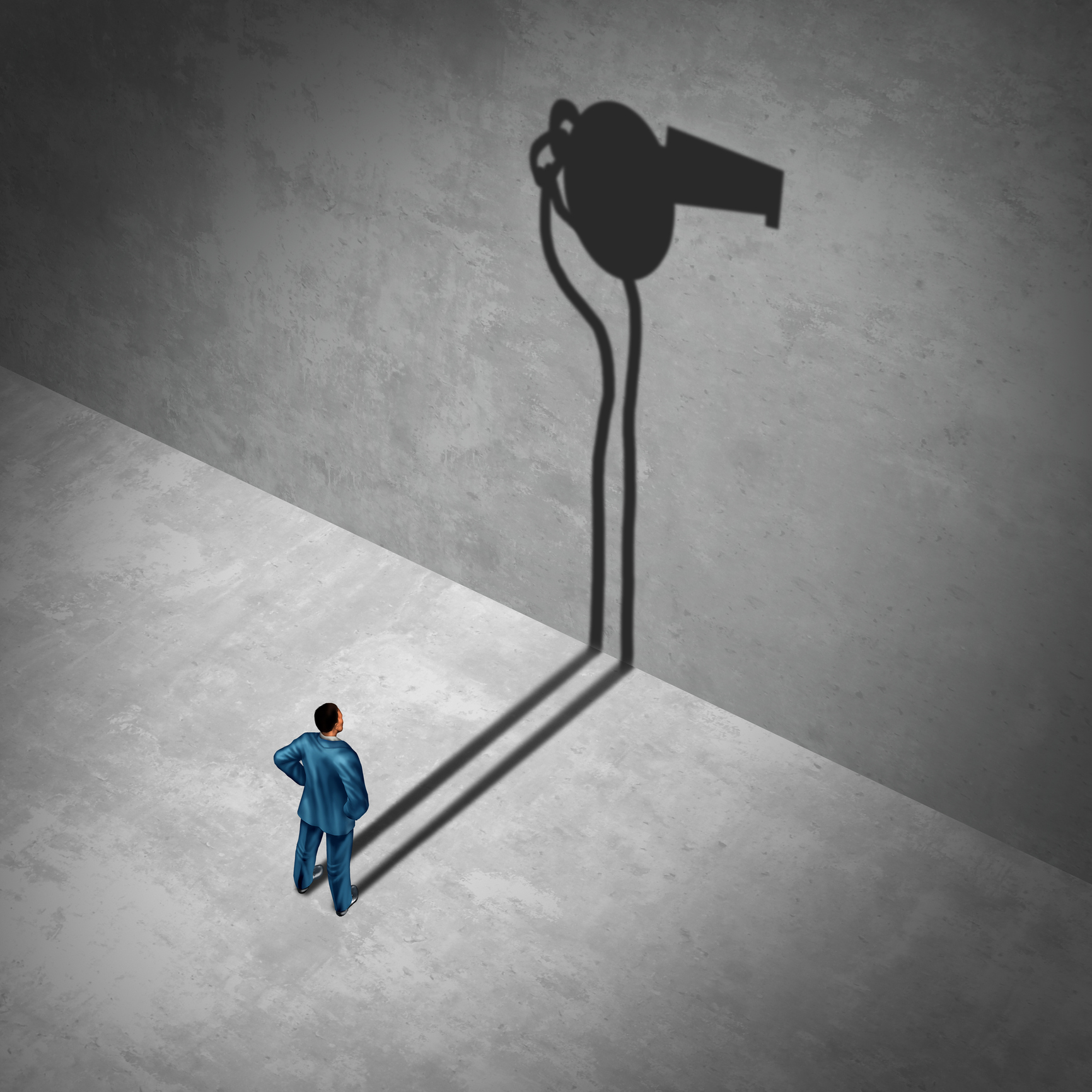Many employers are under considerable pressure in attempting to keep their businesses viable, while simultaneously trying to comply with all of the new restrictions and guidance put out by government agencies and through the media, about how to maintain a safe work environment during the COVID-19 pandemic. One easily can imagine a scenario in which a maintenance worker gets sent home without pay, after complaining to his supervisor that the employer is not providing him with adequate personal protective equipment (PPE), or an clerical employee, who reports to a local health department that her employer is not mandating social distancing and providing adequate hand washing breaks, and then suddenly finds herself furloughed. Each of these employees speaks to a friend and does an Internet search and decides he/she is the victim of whistleblower retaliation.

The risk of such claims are very real, particularly for New Jersey employers, because of the (“CEPA”), N.J.S.A. 34:19-1 et. seq. CEPA prohibits all public and private employers from retaliating against employees who disclose or threaten to disclose to a supervisory or public body or object to any policy, practice or activity, or refuse to participate in any actions, that the employee reasonably believes to be illegal or against public policy.
Throughout the pandemic, various governmental agencies have issued guidelines or directives on how to best protect employees and/or the public from contracting or spreading the COVID-19 virus. The Centers for Disease Control and Prevention (“CDC”) has established guidelines for businesses, including policies and practices on social distancing, hand hygiene and respiratory etiquette for employees and visitors, and performing routine environmental cleaning and disinfection in the workplace.
The Occupational Safety and Health Agency (“OSHA”) has published recommendations echoing many of the CDC’s directives, and also published guidance on an employer’s responsibility to provide protective measures based on a hierarchy of employees’ exposure to a risk of contracting COVID-19. For example, OSHA advises that employees in very-high risk jobs (e.g., health care workers) “likely need to wear gloves, a gown, a face shield or goggles, and either a face mask or a respirator, depending on their job tasks and exposure risks.” Conversely, employees do not need to provide PPE to employees in job with a low risk of exposure, such as those requiring limited contact with other people.
In addition, Governor Murphy has issued several Emergency Executive Orders regarding COVID-19, which include mandates and recommendations for various businesses. Thus, while all non-essential retail businesses are required to close, many governmental agencies, essential businesses, and even non-essential businesses, are permitted to continue operating. Those employers, which remain open, even just for their own employees, must accommodate their workforce, wherever practicable, by allowing telework or work-from-home arrangements, and ensuring that employees are practicing social distancing. See Executive Order #107. Governor Murphy has also placed further restrictions on specific types of business, like supermarkets, and certain industries, such as construction, which may continue to operate.
With so many people affected by COVID-19, it is not surprising that employees who must come to work are raising concerns – out of fear or anxiety — about the safety of their workplaces. If an employee raises a complaint or concern about a COVID-19 related health or safety issue to a supervisor or a government official, and then suffers any type of negative employment action, that employee may have a viable retaliation claim under CEPA.
In order to insulate and protect itself from such claims, an employer’s best defense is to ensure that it is complying with the above governmental guidelines and orders – by taking necessary steps which may include rearranging work spaces, allowing telework, staggering shifts and providing PPE — and documenting its ongoing efforts to comply. It is likewise important for employers to communicate clearly to their employees, including all supervisors, what steps the employer is taking to ensure the employees’ safety and well-being, and to reinforce the importance and expectation that employees will comply with these requirements, such as frequent hand washing and social distancing. While in an ideal world, all people would ban together in the fight against COVID-19, there will always be people looking for an angle, and if an employer is not attentive and proactive, those bad apples may be able to take advantage. Accordingly, by taking the recommended steps to protect their employees, employers will simultaneously be protecting themselves, rather than risking the chance of having to defend against claims of whistleblower retaliation under CEPA.
